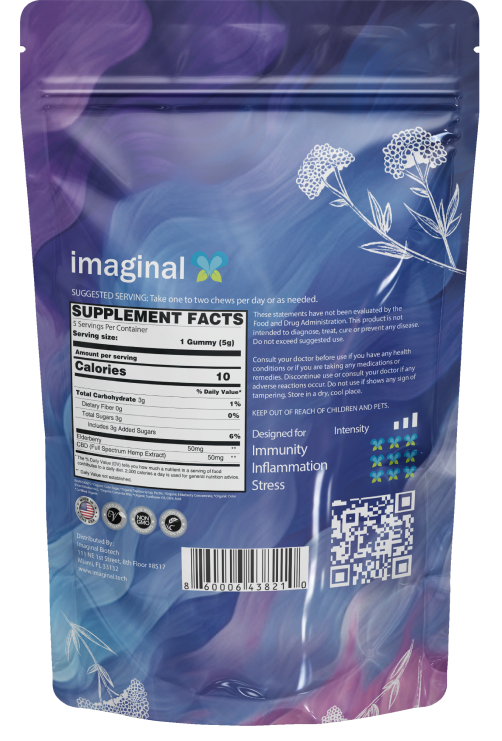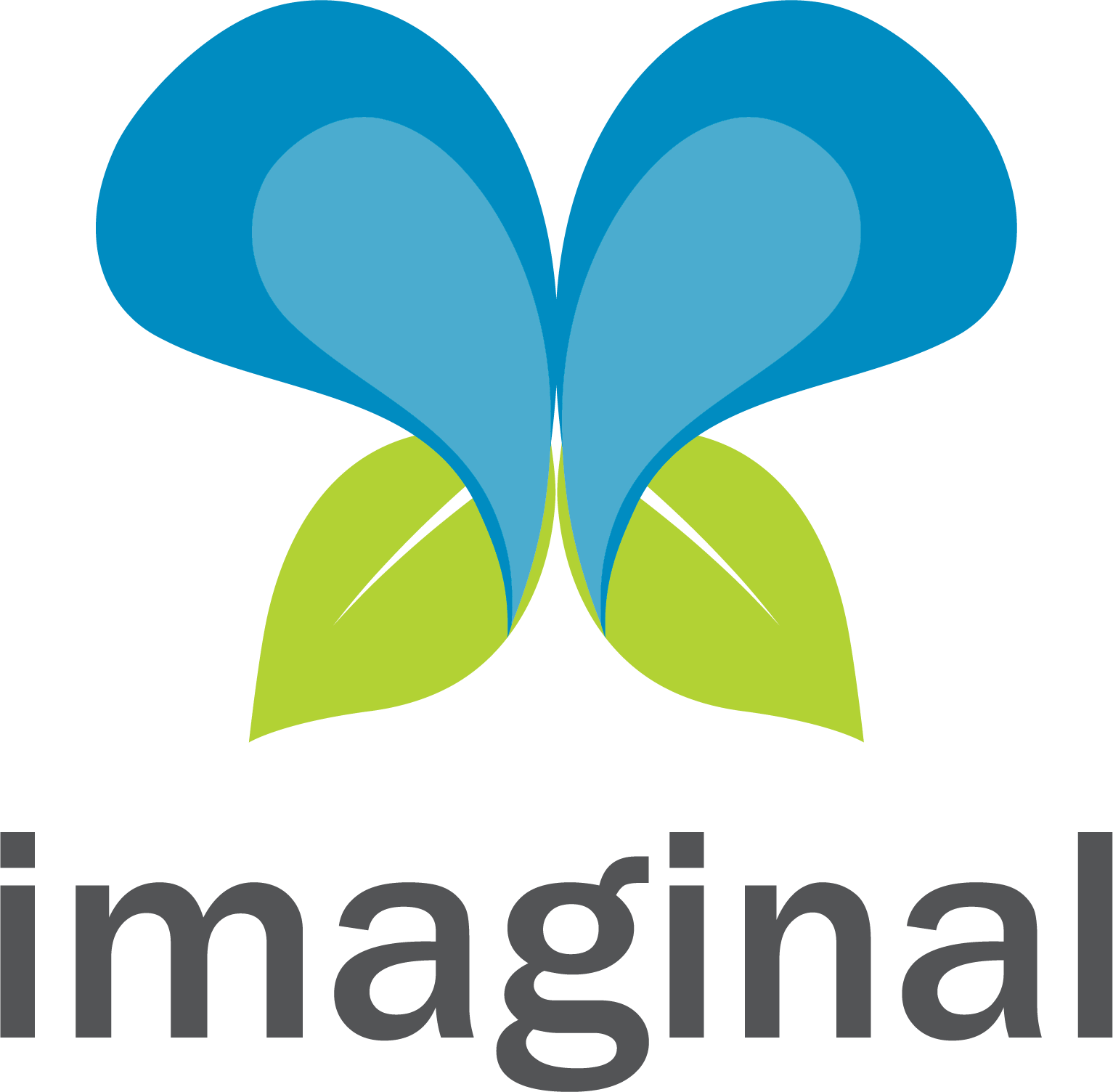In a move whose effects have been felt even in the stock market, the DEA decided to remove Epidiolex from the controlled substance list.

Epidiolex
For many in the CBD community, the DEA’s decision has been a long time coming, but what does it mean for the industry? In this article, we endeavor to find out.
What is the controlled substance list?
To fully appreciate the impact of the DEA’s decision, we need to understand the controlled substance list and why it exists. To do this, we have to travel back in time to 1970; Jimi Hendrix was on every radio, Nixon was president, and Simon and Garfunkel would go on to release their last album together.

That year Congress passed a law known as the Comprehensive Drug Abuse Prevention and Control Act of 1970. Title II of this law, the Controlled Substance Act, created five schedules to classify various controlled substances. These five schedules would later come to be known as the controlled substance list.
Substances are placed in this list on the basis of:
- Their accepted medical use
- Their potential for abuse
- Their accepted safety under medical supervision
Substances that are placed in Schedule 1:
- Have no accredited medical use
- Have a high potential to be abused
- Have a lack of accepted safety
Marijuana, hemp, and their extracts, except CBD derived from hemp, are all considered Schedule I substances.
From the second schedule to the fifth, the potential for abuse reduces. However, despite the lower potential for abuse, they are still closely monitored. If a doctor wishes to prescribe a drug in any of the schedules, the prescription must bear the doctor’s DEA license number.
Why was Epidiolex placed on the controlled substance list?
The critical ingredient in Epidiolex is CBD, a compound derived from marijuana and hemp, which as we saw earlier, are Schedule I substance. However, when the FDA approved Epidiolex, it presented an interesting paradox for the DEA.
Epidiolex has proven medical benefits, low risk of abuse, and research has shown that it is safe for use. On the other hand, as we said before, the key ingredient is a cannabis derivative.
To get around this paradox, the DEA placed Epidiolex in the lowest schedule possible, schedule V. However, after studying Epidiolex in-depth, the DEA decided that Epidiolex was safe enough to be descheduled.
What are the effects of descheduling Epidiolex?
The most immediate effect of descheduling Epidiolex was an immediate increase in the share price of GW Pharmaceuticals, the company that produced it. Once it became public knowledge that the DEA had descheduled Epidiolex, GW Pharmaceutical shares increased in value by 5.9%. This is great news for anyone who owns stock in GW.
Another effect of descheduling Epidiolex is that it would make it easier for patients to access. According to Drug Topics, once federal controlled-substance restrictions on Epidiolex have been removed, there will be several outcomes:
- all prescriptions for Epidiolex will be valid for one year
- all prescriptions for Epidiolex can be easily transferred between pharmacies.
- Physicians can prescribe Epidiolex free of the requirements of state prescription drug monitoring programs.
Descheduling Epidiolex will also incentivize more research into CBD-based medication.
Final thoughts
The DEA’s decision to deschedule Epidiolex is a step in the right direction, and we are curious to see where it leads. We will be here to report on more news about the CBD industry.




